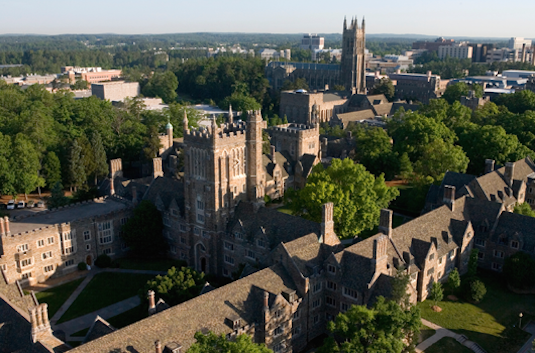Amazonian Garden Cities: Archaeologies of the Brazilian Future

What is the Amazon? Home to immense biodiversity, many scientists see it as a vast natural laboratory. It is also widely viewed as a bellwether of global ecological well-being, a critical tipping zone in world climate. Almost everyone knows that it is acutely threatened by recent development. Recent research in archaeology and indigenous history, however, raise questions about whether the region is indeed a tropical wilderness, in which humans are a recent invasive species. This work reveals a far more complex history of coupled human-natural systems, particularly over the past millennium "the Anthropocene." It suggests that human agency changed the face of Amazonian biodiversity, in genetic and eco-systemic terms, notably by large, settled late pre-Columbian regional societies. The Xingu in the southern transitional forests is an exemplary case of highly complex domesticated landscapes and regional planning: Brazil¿s first and smallest ¿garden cities.¿ This talk summarizes 25 years of collaborative cultural heritage mapping, place-based archaeology and spatial ethnography aimed at uncovering this history and the practical logic and spatial reasoning, the "science of the concrete," of the people who made it. Michael Heckenberger is Associate Professor of Anthropology at the University of Florida.







